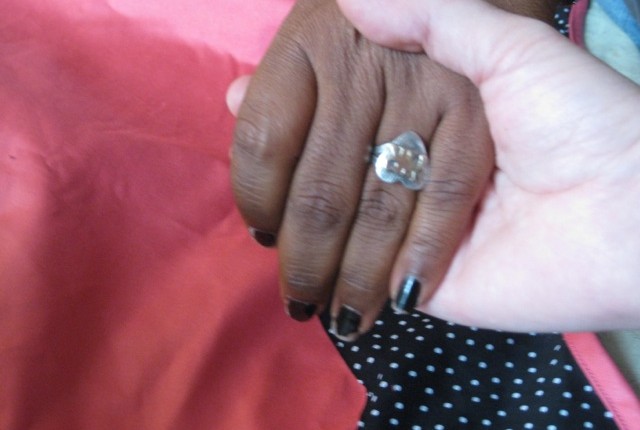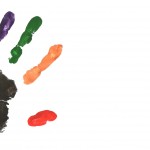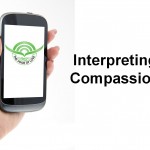When I think about the survivors of torture and war, my heart breaks. Think of the millions of people who have fled their countries in search of a new home, new opportunities and new lives. There are so many of them, so many left behind, so many who have put behind the atrocities they have lived or witness. All these people deserve a chance: a chance that without our work as interpreters wouldn’t be possible.
We become the voice of the voiceless, of the witness, the victim and the survivor. We become a part of their story and of their future. I remember interpreting after Katrina for the hundreds of Latinos whose stories are still untold. I remember seeing the devastation of their lives and witnessing the discrimination against those who didn’t speak English. I remember their stories, and I still recall their faces. These were survivors of deep trauma.
At that time I was not a trained interpreter: I didn’t know what I know today. So many of us start down this path by chance. We just happen to be there and we speak another language. I dove into it and have been grateful for the opportunity. I keep saying, “When I grow up I want to be a professional interpreter.”
This path is full of rewards because what we do is meaningful and transforming. But what most people don’t tell us is how to take care of ourselves and the effect of the secondary trauma as we internalize all these events. We take these stories with us and sometimes relive the experiences of the victim.
Ii has happened to me, and it has happened to people who work for me. I feel bad for exposing others to the risk, not knowing the impact and not having the tools to offer them proper training to deal with the effects of secondary trauma.
I have a coworker who came to me and asked me never to send her again to interpret for unaccompanied minors. She said theirs stories were so sad, so heartbreaking that she herself felt broken. She felt she couldn’t continue interpreting effectively and professionally for them. All those stories, all those faces, all those lives are something that you, as an interpreter, take away with you.
So while the work of VOL is focused on interpreting for survivors of torture, war trauma and sexual violence, the work being done has much more impact that what we expected. Interpreters across the country tell us: We need this training too. Secondary trauma can come in many forms, from unexpected places and unexpected stories. It can happen to almost any interpreter, at any time.
We need the right tools to do our job and do it well. For our own sake and for the survivors. I am sure that many of you who interpret can relate to my experience. You can also recall those stories, and the feelings that come with them. The ones that stick with you, whether they come from war or some other experience of trauma.
So I encourage you to join in, share your story with us, change a life. Use your talents–but most important of all, get trained. Learn how to take care of yourself, and how to do the same for others. Be that person that creates change.
About the author:
Shaula Lovera is a VOL Board member and also an interpreter and program director for disaster response.







One Comment
Nathalie Hernandez says:
March 28, 2015 at 9:05 PM
I am a student of Nelva Lee (Medical Interpreting ant Translation Institute On Line) who sends her students thoughtful links about news related to the profession. You are in Canada. Do you have “sister” organizations in the US?
Thank You.
Nathalie